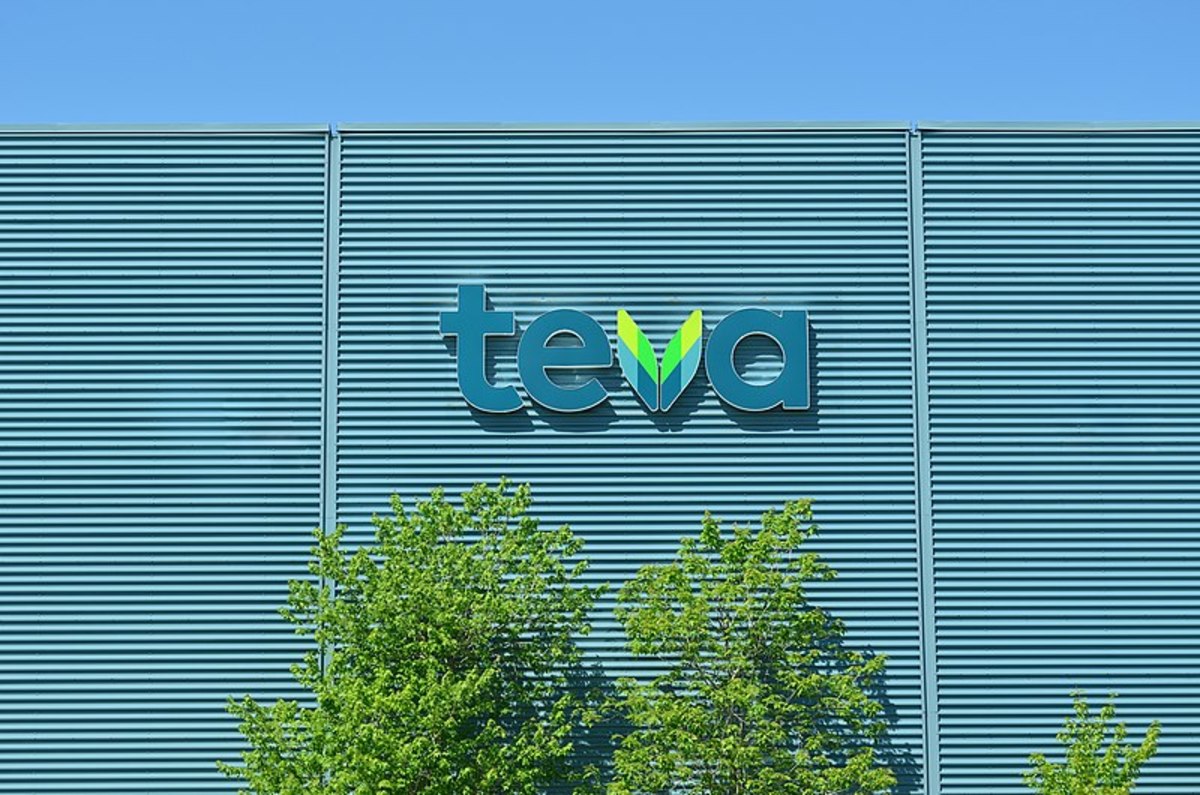
For some time now, Teva Pharmaceutical Industries—like many other pharmas recently—has been having the occasional chat with the Justice Department about what the latter sees as some pretty wide-ranging price fixing. While this is fairly widespread in the industry, it is also illegal, and according to the Feds, Teva’s been doing a whole lot of it: On arthritis, blood clot, cholesterol, cystic fibrosis, hypertension, pain, seizure skin condition drugs. Oh yea, and brain cancer. That, too. All the tune of $350 million extra in the bank.
As with those who have come before it, such as Sandoz and Taro Pharmaceuticals, Justice wanted a whole bunch of money, a deferred prosecution agreement and an admission of guilt. Teva asked them to consider its “stakeholders,” which it identified as the patients who were allegedly ripped off, but which also presumably includes the shareholders who were allegedly unjustly enriched.
The DoJ apparently declined, and then last week sued Teva for allegedly using a couple of charities it funded to jack up and prop up the price of a lucrative multiple sclerosis drug whose patent was due to expire. This certainly seems like something of a warning shot, a not-particularly-subtle suggestion that Teva ought to drop the bullshit and get back to the negotiating table, an indication that the Feds meant business. Well, Teva didn’t, and Justice certainly did.
Prosecutors accused the company of fixing prices, rigging bids and allocating customers in three different conspiracies…. Teva participated in the conspiracies from May 2013 until at least December 2015, prosecutors alleged….. In addition to financial penalties, a felony conviction of Teva could lead to its exclusion from federal health-care programs….
Because the stakes of a criminal conviction can be so dire, companies in the Justice Department’s crosshairs for price fixing rarely elect to go to trial, especially because prosecutors usually have other companies cooperating with their cases.
Right, about that: Remember when we mentioned Sandoz?
The department alleged Teva’s conspirators included Sandoz and Taro, as well as Apotex, which agreed to pay a $24.1 million penalty in May, and Glenmark Pharmaceuticals, which is facing charges the Justice Department announced in June.
Teva Pharmaceutical’s U.S. Unit Indicted on Price-Fixing Charges [WSJ]

